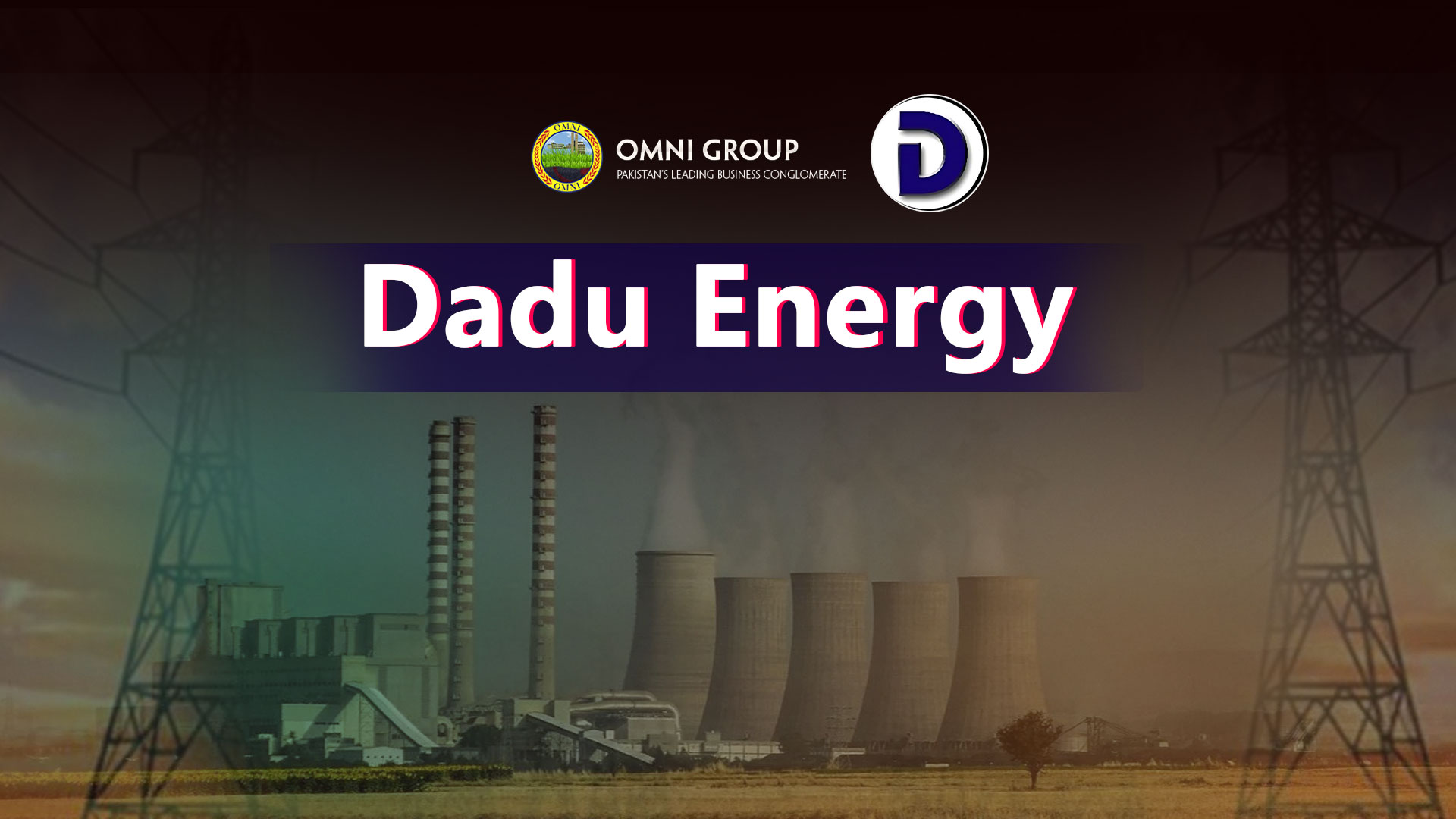
Omni Group Captive Power Plants in Pakistan: Dadu Energy Case Study
Captive power plants play a critical role in Pakistan’s energy sector by ensuring a stable and reliable power supply. Among these, Dadu Energy (Pvt.) Ltd stands out as a prime example of how private energy projects can thrive under the New Captive Power Plant Policy (N-CPP). Owned by the Omni Group of Companies, Dadu Energy has significantly contributed to regional energy stability since its inception in 2012.
Introduction to Dadu Energy’s Captive Power Plant
Dadu Energy, situated in Pario Goth, District Dadu Sindh, commenced operations in 2012 as part of the N-CPP initiative. The plant operates six GE Jenbacher Gas Engines, each with a gross capacity of 3.3 MW, resulting in a total rated capacity of 19.8 MW. A net capacity of 19.2 MW is delivered to SEPCO, highlighting the plant’s efficiency and effectiveness. The focus keyword “The Role of Captive Power Plants in Pakistan’s Energy Sector: A Case Study of Dadu Energy” underscores the importance of Dadu Energy within the national energy framework.
Importance of Captive Power Plants in Pakistan’s Energy Mix
Captive power plants, such as Dadu Energy, owned by the Omni Group of Companies, provide several benefits to Pakistan’s energy sector:
Energy Independence: By generating their own power, businesses and industries can reduce their reliance on the national grid, ensuring uninterrupted operations.
Load Management: Captive power plants help in balancing the load on the national grid, thereby reducing the risk of power outages.
Cost Efficiency: Private power generation can be more cost-effective, as it allows for the use of specific technologies and fuels tailored to the needs of the business.
Environmental Benefits: Advanced technologies, like the GE Jenbacher Gas Engines used by Dadu Energy, are designed to be more environmentally friendly, reducing emissions compared to traditional power plants.
How Dadu Energy Exemplifies These Benefits
Dadu Energy, under the Omni Group of Companies, exemplifies these benefits through its efficient use of gas engines and strategic management. The plant’s use of GE Jenbacher Gas Engines ensures optimal fuel consumption and minimal environmental impact, aligning with global standards for green energy production.
The Impact of the New Captive Power Plant Policy (N-CPP)
The N-CPP has been instrumental in facilitating private energy projects in Pakistan. It offers various incentives, including tax breaks and easier regulatory processes, to encourage private investment in the energy sector. Dadu Energy’s success story is a testament to the effectiveness of this policy.
Facilitating Private Energy Projects
The N-CPP has made it possible for companies like the Omni Group of Companies to invest in energy projects. This policy has created a favorable environment for private entities to contribute to the national power supply, bridging the gap between demand and supply.
Contribution to Regional Energy Stability
Dadu Energy’s consistent delivery of 19.2 MW to SEPCO has significantly contributed to regional energy stability. This reliable power supply supports local industries and communities, fostering economic growth and development.
Future Expansion Potential of Dadu Energy
Dadu Energy, owned by the Omni Group of Companies, possesses significant potential for expansion. Given the availability of gas, the plant can scale up its operations to meet increasing energy demands. The flexibility of the GE Jenbacher Gas Engines allows for the addition of more units, ensuring that Dadu Energy can continue to play a pivotal role in Pakistan’s energy sector.
Quick Facts about Dadu Energy
Number of Employees: 23
Commencement of Operations: 2012
Rated Capacity: 19.8 MW
Engines: 6 GE Jenbacher Gas Engines, each with a Gross Capacity of 3.3 MW
Net Capacity: 19.2 MW sold to SEPCO
Sales Tax Registration: 17-00-3635-382-14
NTN #: 3635382-5
SECP Registration #: 0072298
Date of Incorporation: 28/07/2010
Leadership Driving Dadu Energy’s Success
The success of Dadu Energy, part of the Omni Group of Companies, can be attributed to its visionary leadership, including:
Khawaja Anver Majid (Founder and Chairman)
Khawaja Abdul Ghani Majid (Group Chief Executive Officer)
Khawaja Salman Younis (Group Chief Operating Officer)
Khawaja Mustafa Majid (Director)
Khawaja Ali Kamal Majid (Director)
Khawaja Nimr Majid (Director)
In conclusionCaptive power plants like Dadu Energy play a crucial role in Pakistan’s energy sector. Under the ownership of the Omni Group of Companies, Dadu Energy has leveraged the New Captive Power Plant Policy to provide reliable and efficient power. With potential for future expansion and strong leadership, Dadu Energy will continue to be a key player in ensuring energy stability and fostering regional growth.

